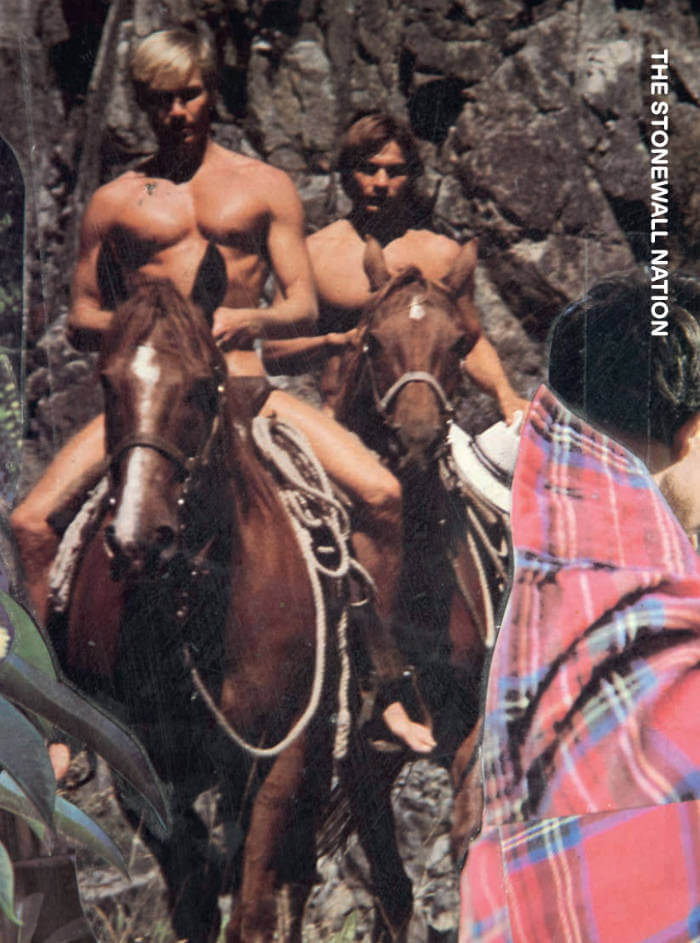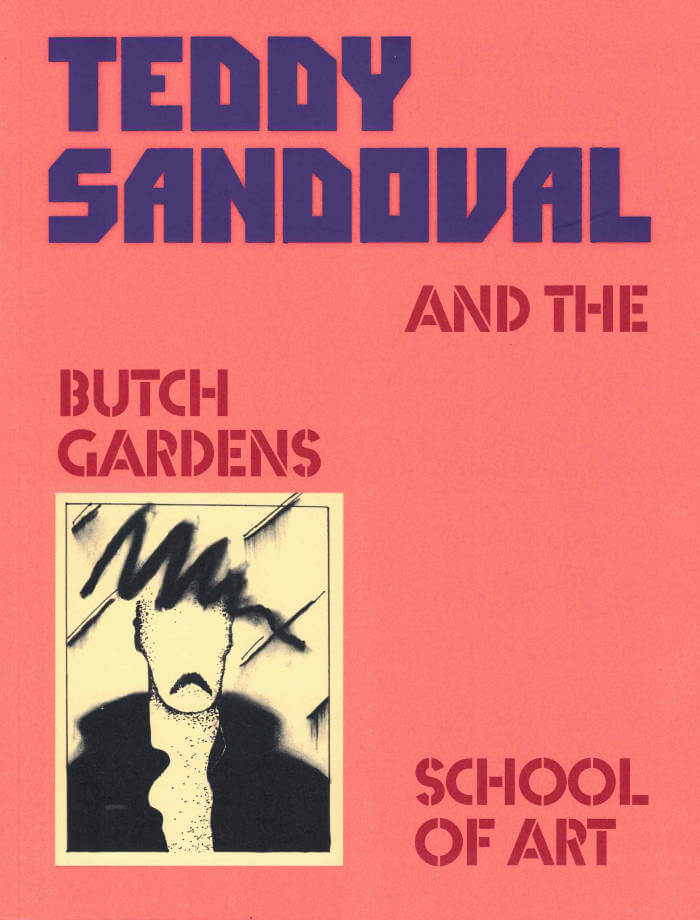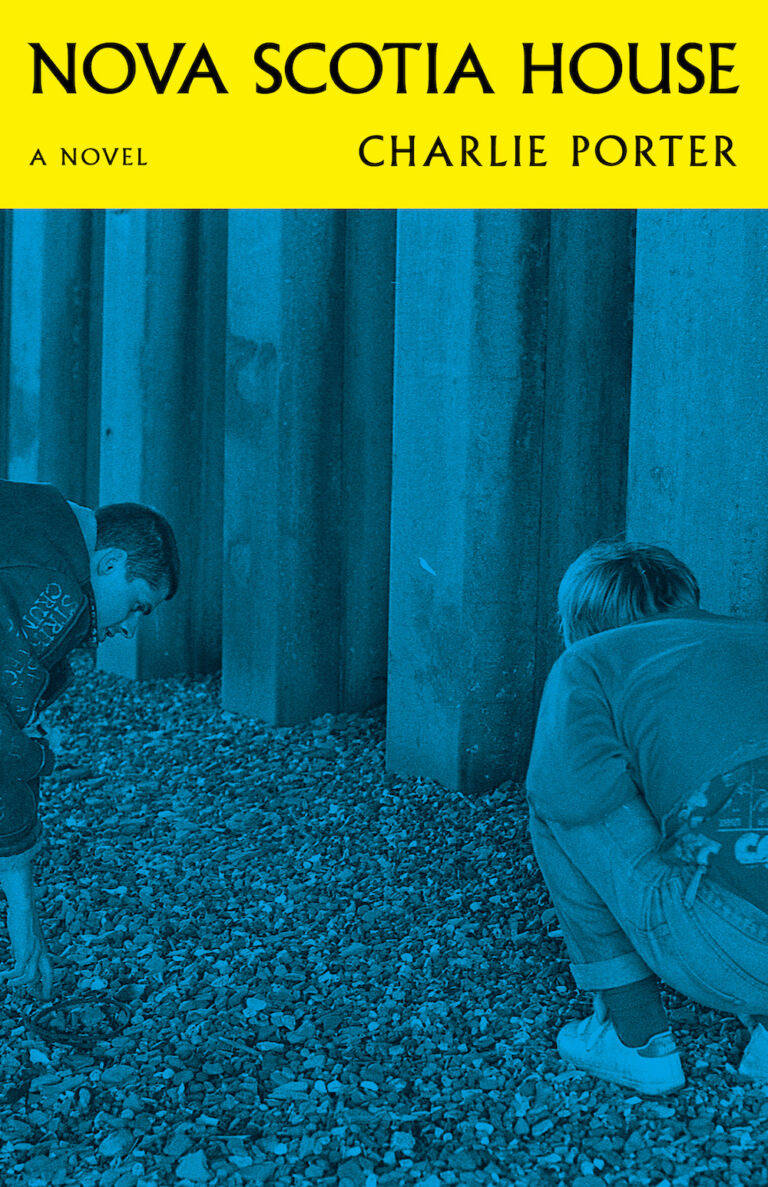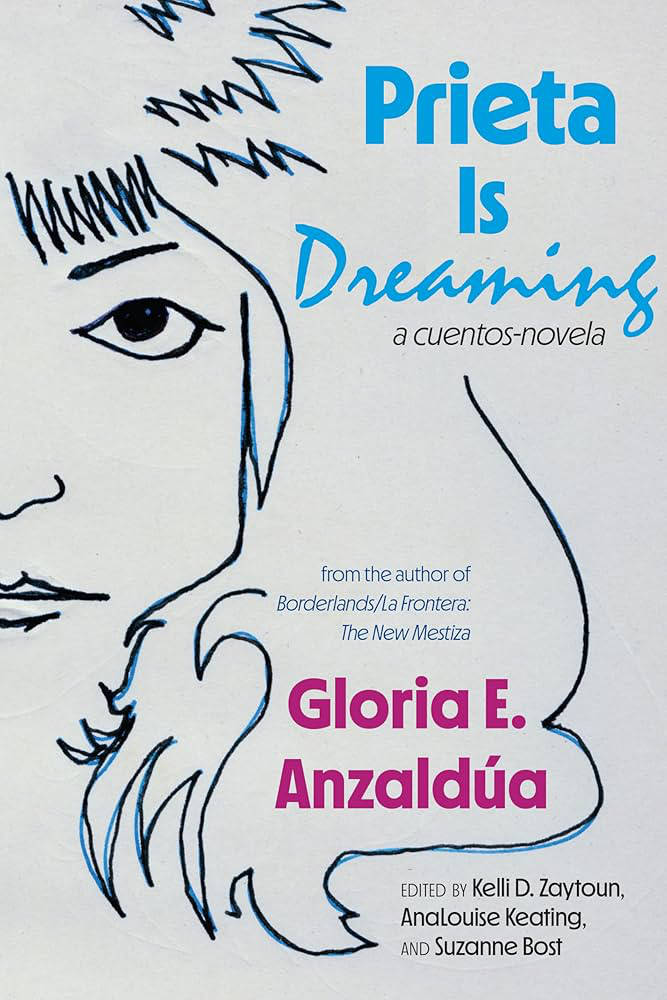
The Stonewall Nation
Sille Storihle ed.
Edited by artist Sille Storihl, The Stonewall Nation engages the archival remains of a gay colony that a group of gay men wanted to establish in Alpine County in Northern California in the early 1970s.
The Stonewall Nation was to be a place where gay people could be free from all oppression—a city "suitable for the Gay life-style and culture." This liberation project, however, was ultimately shaped as a project of settler-colonialism: the Stonewall Nation was to be erected on Indigenous lands, the territory of the Wá∙šiw (Washoe) people. The colony was never realized, and the Stonewall Nation now lives on only in the archives.
Artist Sille Storihle first came across the story of the Stonewall Nation during a visit to the ONE National Gay & Lesbian Archives in Los Angles more than a decade ago. In 2014, they made an experimental short film about the project, which has now been extended into a publication that shares materials from Storihle's artistic process as well as the ONE Archives. Produced in connection with the Norwegian Queer Culture Year 2022, The Stonewall Nation presents archival documents, artworks and a conversation between Storihle and former ONE Archive curator David Evans Frantz, engaging and exposing marginalized histories, the "thorns" in LGBTQ history and the dirtiness of the archive.
Sille Storihle is an artist and educator based in Oslo, working primarily with moving images and printed matter. Their artistic practice encompasses a body of work in dialogue with queer archives and pasts, exploring relationships between power and performativity. From 2012 to 2020, Storihle ran the queer-feminist platform FRANK together with Liv Bugge. The platform originated as a salon, which developed into a wide range of projects in different locations with various co-curators.





